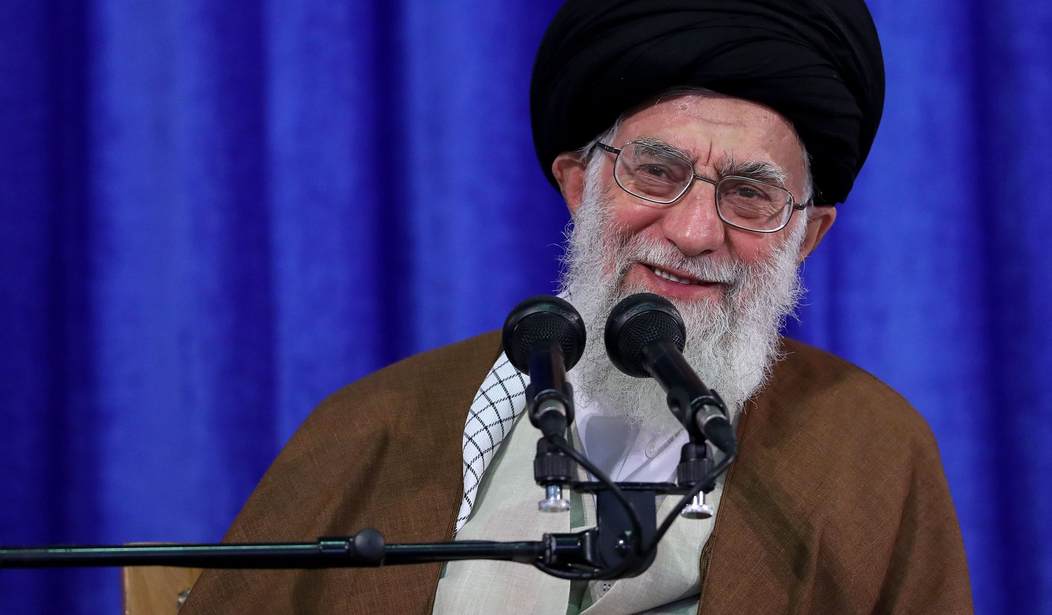In December, Iran once again flouted UN resolutions and tested a medium-range ballistic missile that was capable of hitting some targets in Europe. The test followed the revelation of two assassination plots by Iran against dissidents in Norway and Denmark.
This proved to be too much for the mild-mannered Europeans who attended a conference in Tehran last month. When they confronted Iranian officials about the bad behavior, the Iranians stormed out of the room and slammed the door.
This is not unusual behavior for Iranian diplomats. During negotiations for the nuclear deal, then-Secretary of State John Kerry got used to the hijinks of the Iranian foreign minister, who frequently screamed at him and walked out of the room.
What’s important is that the European representatives left that meeting and the next day, the EU imposed sanctions on Iran for the first time since the nuclear deal was agreed to.
The sanctions were largely symbolic but the stormy meeting encapsulated the unexpected shift in European diplomacy since the end of last year. Smaller, more dovish EU countries have joined France and Britain in a harder stance on Tehran, including considering new economic sanctions, diplomats say.
Those could include asset freezes and travel bans on Iran’s Revolutionary Guards and Iranians developing the Islamic Republic’s ballistic missile program, three diplomats said.
The new approach moves Europe closer to U.S. President Donald Trump’s policy of isolating Iran with tough sanctions even though European governments still support the 2015 Vienna deal from which he withdrew in May.
Although there are diverging views in Europe, the shift could have consequences for President Hassan Rouhani’s government as it looks to European capitals to salvage that deal.
Europe embraced the nuclear deal with Iran, pumping tens of billions of dollars into the Iranian economy as EU businessmen rushed to Iran to cash in on the thaw in relations.
That was then, this is now:
“Take the Dutch for example. They had kept very quiet until the Danish attack and now they are more hawkish than the French,” said the diplomat.
Alarmed by Trump’s “America First” policy, Europe considered his May 8 decision to pull out of the Iran accord a severe setback but Iran’s international ambitions appear to offer Brussels and Washington a chance to work more closely.
A U.S. State Department official said there was now “a growing international consensus” on the range of Iranian threats.
A welcome development, to be sure, but the EU is not sold on Iran being a direct threat. They still see the nuclear deal as the only option to stop the mullahs from getting their hands on a nuclear weapon. Iran is taking advantage of that attitude by running wild in Syria and Yemen, while sponsoring terrorists overseas. Not wanting to upset the Iranians, the EU has been mostly quiet about Iran’s role in the violence.
A freezing of assets would be a good start, giving Iran fewer options to do business internationally. With their economy already sinking and the people desperate for a better life, the leadership is running out of time and options.
Trump’s Iran policy, if backed by the EU, may end up being the magic bullet that ends the reign of the mullahs.










Join the conversation as a VIP Member